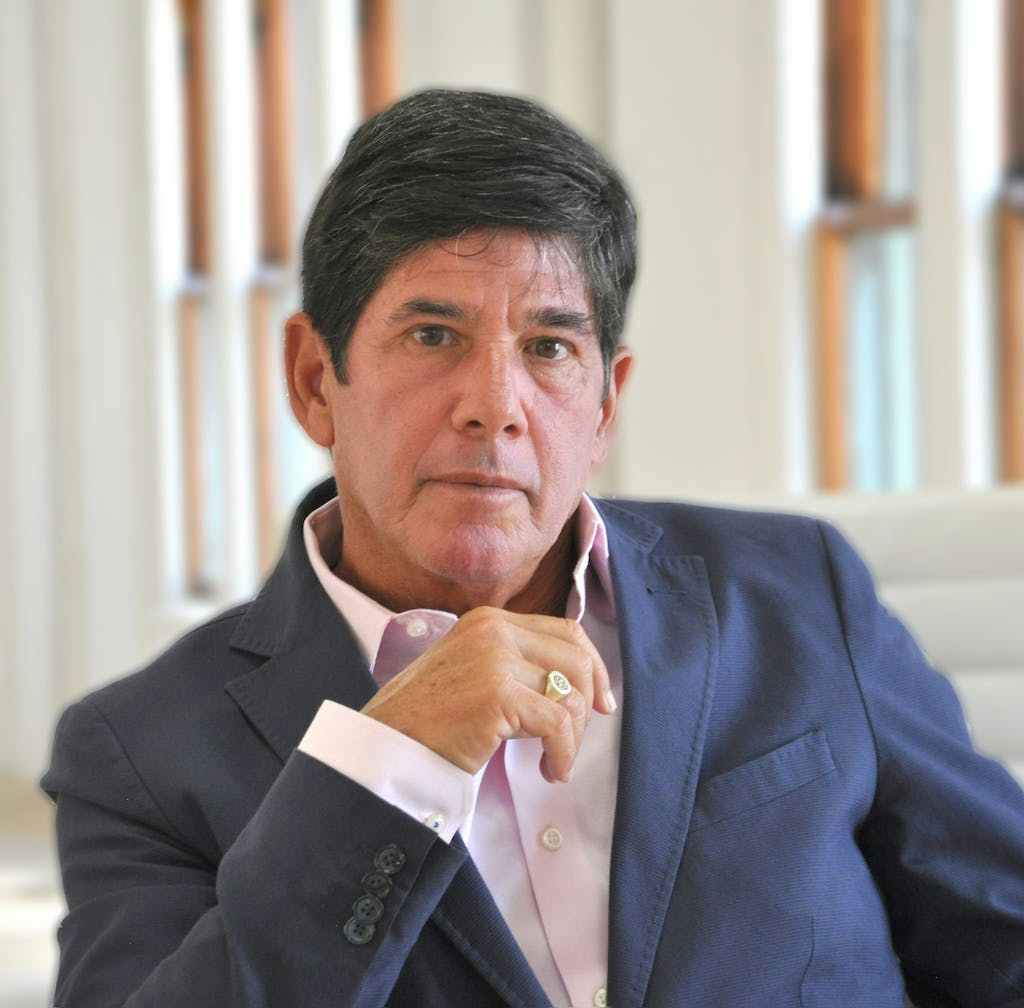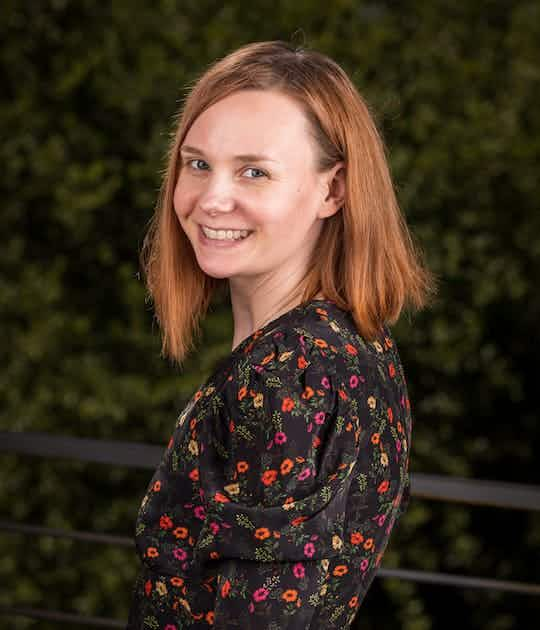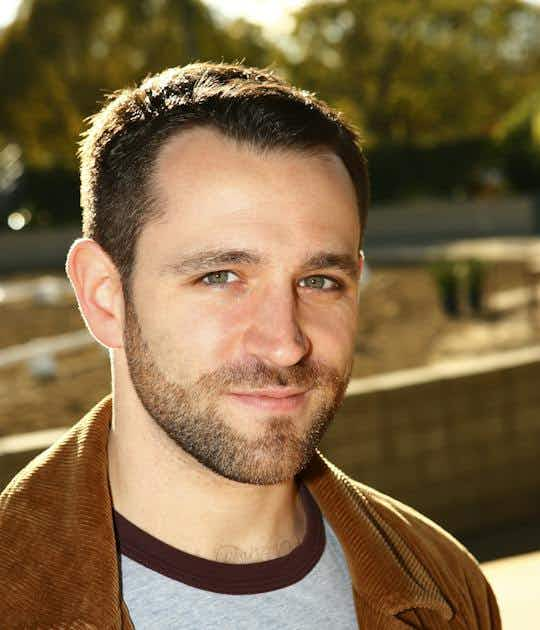The Business of TV and Film: An Insider's Look
The TV and film industries have created a blended mix of businesses that have become a *$717 billion juggernaut, drawing in viewers around the globe. Today, all you need is a phone, tablet, computer, or TV to access a broad swath of content. In this program, you’ll hear from guest speakers who are industry experts and veterans of TV and film, and review the vast array of career options — both in front of the camera and behind. Learn various elements of developing a filmed entertainment project, including marketing, distribution, financing, and production. Try your hand at creating a concept to see what it takes to make it come to life. If you yearn to be part of this dynamic industry or are looking to grow your career, here’s your chance to see what aspect of the business is calling your name.
*Source: Zippia
Program Dates
Choose the program length that works for you: 2-week sessions and 4-week sessions
Eligibility
For anyone interested in learning about business
Fees
$1995
An inside look at the inner workings of TV and films
An introduction to the main components of television.
Learn the TV and film industry sectors. Review the components of modern TV programming — the stories, media types, platforms (Netflix/Hulu), how they’re funded, and make money.
What is intellectual property and how to own the rights to it.
Understand what makes an idea sellable, and how projects are evaluated. Learn what makes them attractive to those in the business and their long-term potential.
How to pitch your project to potential buyers.
A tailored pitch to potential buyers is essential to sell your project. Learn how to craft a pitch and review examples. Determine how to best reach buyers.
Budgeting and how to monetize your project.
Learn the process of monetizing and maximizing an IP (intellectual property) through trademarking and registering. Provide an overview of budgeting and scheduling. Identify potential sources of finance and opportunities.
How industry insiders bring your concept to life.
Explore a TV program’s life cycle. Learn how each stakeholder’s vision and business decisions culminate — and change — in production. Gain insight into how the storyline evolves.
Explore degrees and careers related to the field of TV and film.
Topics covered provide background to anyone who has a passion for the TV and film business — everything from script writing and financial planning to marketing and production.
How You Will Benefit
- Identify various sectors of the TV and film business, and understand how they operate and work together with specific attention to television.
- Hear from renowned guest speakers who are veterans of TV and film, such as producers, screen writers, and financial managers.
- Describe the process by which television programs and films are made, from the initial pitch through distribution.
- Demonstrate familiarity with the various elements of developing a filmed project, including budgeting, marketing, distribution, and production.
- Describe both how and where to look for opportunities in the industry and the skills and backgrounds required.
- Enjoy flexible learning: online lessons are delivered by dynamic videos so you can tune in whenever your schedule allows
- Earn a certificate of participation from Columbia Business School

Hear From Columbia Business School
Hear From Our Students
This program is perfect for those who crave flexibility in their learning journey. Whether you're a night owl or an early bird, you can access the course material at your convenience. No rigid schedules or deadlines to worry about – you're in control of your own learning pace. Industry professionals are directly sharing their knowledge and experience through the recorded video, mentors are helpful, and assignments are interesting! - Tongxin, TV and film student.
This program provides insightful information and displays a new look on the world of business that I could not have received anywhere else. The skills I learned will set me up for a better future and success in my career. This is a very unique experience and I hope other students choose to take it. - Brett, TV and film student from MI.
Students around the world should take this program because it provides a comprehensive understanding of two different worlds colliding into one creative and exciting industry. It's an invaluable choice for those passionate about entertainment, aspiring to leadership roles in media, or seeking to broaden their global perspective on content creation and distribution. - Teresa, TV and film student from NJ.
Three Learning Advantages Designed For You
Final Project
- Act as an agent and create a pitch to deliver to potential content buyers.
- Identify a project’s potential for commercial success and how it aligns with a buyer’s business strategy.
- Develop a presentation in which you deliver the pitch and explain the project’s potential for success.
Mentoring
- Access to a mentor who provides support and answers questions to deepen your learning
- Encouragement and direction on all assignments
- Inspiration and motivation to help you succeed
- Brainstorming and ideation help as you prepare for your final project
Flexible Learning
- 100 percent online; works with your schedule
- 20 to 25 hours of instruction and program work, including engaging multimedia, simulations, and curated assignments for which you will receive guidance and support
- Access to a mentor who will who will guide your progress and help brainstorm ideas
Apply Now For the Next Available Program
All program options have the same educational content, learning materials, and number of assignments. We are offering a condensed version of the program in order to accommodate students’ individual schedules.
Faculty

Robert Friedman, Bungalow Media + Entertainment
Bungalow founder CEO Robert Friedman is a 30-year entertainment veteran. He has held an array of senior executive positions, including President of AOL; Co-Chairman of New Line Cinema in charge of worldwide Theatrical Marketing and Licensing and President of New Line Television, which he launched for the company. New Line Cinema content includes Lord of the Rings, Austin Powers, Rush Hour and Dumb & Dumber; plus a wide array of television and documentary projects. Friedman was also an original member of the startup team at MTV.
Friedman's industry honors include being named "Media Man of the Year" by ADWEEK, named one of the top 100 marketers in the country by AdAge, and most recently he became an inductee into the Broadcasting & Cable Hall of Fame where he was also distinguished with the Chairman’s Award.
Program Mentors

Trysta
BS, Telecommunications and Video Production. MFA, Screenwriting, University of Southern California. An award-winning screenwriter and independent film producer.

Preston
MFA, Film and Television Production, University of Southern California. A TV writer (HB, Hulu, Cinemax), story editor (CBS/Spectrum), co-producer (HBO) and independent filmmaker.
How To Apply
It’s easy. No transcripts or letters of recommendation are required. Our application asks you to provide the following:
- Your basic contact information
- Why you wish to take this program, and a bit of your story, through writing, video, photos — any media you prefer.
Begin the guided process. It should take only a few minutes to answer the questions.
Begin the process.
Want To Know More?
Sign up for more information and we’ll be in touch.
Frequently Asked Questions
How will you be graded? What are assignments like? How much time do you have to turn around a project? When do you find out if you're admitted?
Answers To Your Questions HereScholarships
We offer need-based scholarships for participating students who exhibit high potential and an inability to pay the full tuition.
- If you haven’t applied to the program, apply here. After submitting your application, click “Apply for a need-based scholarship” on the confirmation page to request a scholarship.
- If you’ve already applied to the program, sign in to your profile to check your scholarship status. If we don’t have a scholarship request on file, click “Apply for a need-based scholarship” to request a scholarship.
The University reserves the right to modify the program as may become necessary.